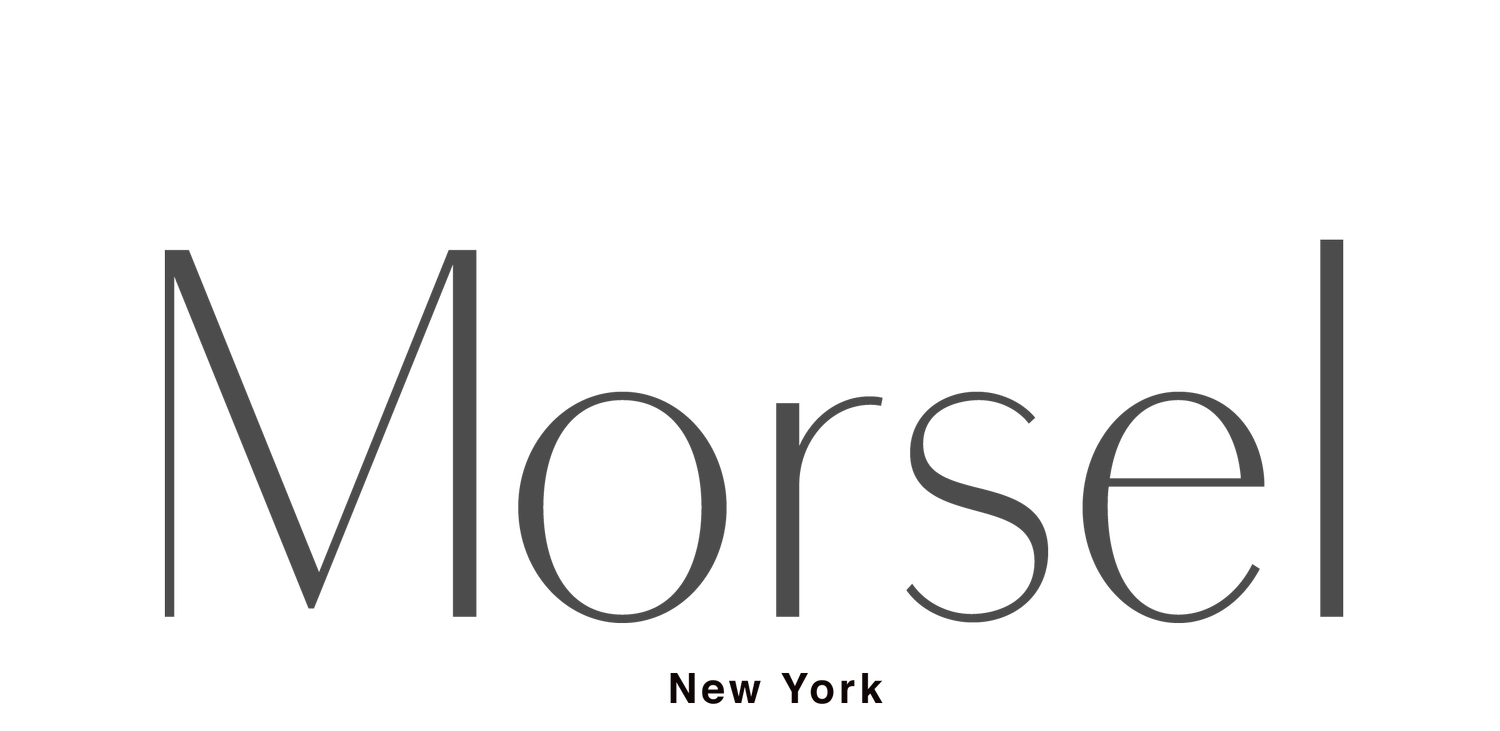New York’s First Sake Brewery is Coming to Brooklyn
By Sari Kamin
From pickles to chocolate, Brooklyn has staked its claim as the epicenter of the craft foods renaissance. Small-batch spirits, wine, and beer are produced throughout the borough, which is why it’s surprising that sake had yet to find a stronghold in Brooklyn—until now. Brooklyn Kura is New York’s first sake brewery, set to open this fall in the Industry City complex in Sunset Park.
Sake is a traditional Japanese brewed beverage made from fermented rice, water, yeast, and koji. Koji is a mold that grows directly on the rice grain, creating enzymes that convert rice starch into sugar. The dual fermentation process of koji and added yeast is unique to sake production. And the water used in the brewing process greatly affects the quality because as a finished product, sake is about 80% water. Whereas with wine, climate, soil, and geographical characteristics can impact the taste, water is essentially sake’s terroir.
Brooklyn Kura founders Brandon Doughan and Brian Polen met at a mutual friend’s wedding in Japan. While overseas, they discovered a shared passion for high-quality sake and a conversation about domestic brewing began. Back in his then hometown of Portland, Doughan, a biochemist and a beer brewer with a burly red beard, began tinkering with home-sake brewing. As his interest grew, he started an internship at Sake One, a craft brewery nestled amongst the wineries of Oregon’s Willamette Valley.
In the US, the majority of domestic sake is made in California. Many of these West Coast breweries are essentially mega-facilities producing the lower quality sake known as futushu, commonly served heated or catapulted into beer pints as “sake bombs” in sub-par sushi restaurants. Unfortunately, it’s this lackluster version that has limited many Americans’ perceptions of what sake can be.
Polen says that as he and Doughan got serious about going into business, they questioned why there weren’t more American sake producers. “There’s a whole beautiful culture around sake in Japan that is the definition of craft. We were surprised this category of drink hadn’t blown up in the States.”
Both Polen and Doughan quit their jobs in August 2016, and they secured a laboratory space in the old Pfizer facility in Bushwick just two months later. Since then, they’ve been taking a “Mad Max” approach to making American sake, as Polen puts it. Their rice is sourced from California and Arkansas, keeping Kura’s operations domestic while still paying respect to traditional Japanese methods. And Brooklyn Kura’s key ingredient? New York water.
“I want to learn as much as I can,” says Doughan. “I haven’t studied under a toji (a sake brewmaster) for 20 years. I don’t speak or read Japanese. There are other small American breweries that are presenting themselves as traditionally Japanese but I don’t want us to be that.” Polen agrees: “When we talk to Japanese brewers who come and visit us and want to help us, the first thing we want to do is say we love your drink and we respect your process. Most of what we have produced so far has fallen very close to traditional processes but with rice from the United States and water from New York. We don’t speak Japanese, we don’t write Japanese, and we’re not pretending to.”
In an ongoing effort to remain sensitive to issues of appropriation, the men have been debating whether labels should contain any Japanese characters on them (they won’t) or if they should use traditional Japanese words to describe sake varietals, such as nigori, meaning unfiltered, and nama, meaning unpasteurized (they will).
In addition to their production facility and a tap room offering 4 kinds of housemade sake and a small plates menu, the Brooklyn Kura Brewery at Industry City will also be a space for tastings and workshops led by various local and visiting sake professionals. Most of all, Brooklyn Kura is excited to introduce New Yorkers to high-quality sake outside of a sushi restaurant. Polen sees the tap room as “an opportunity to bring the sake community together in New York.”
Brooklyn Kura
Industry City: 220 36th St
Brooklyn, NY 11232
Photos: Chia Messina


